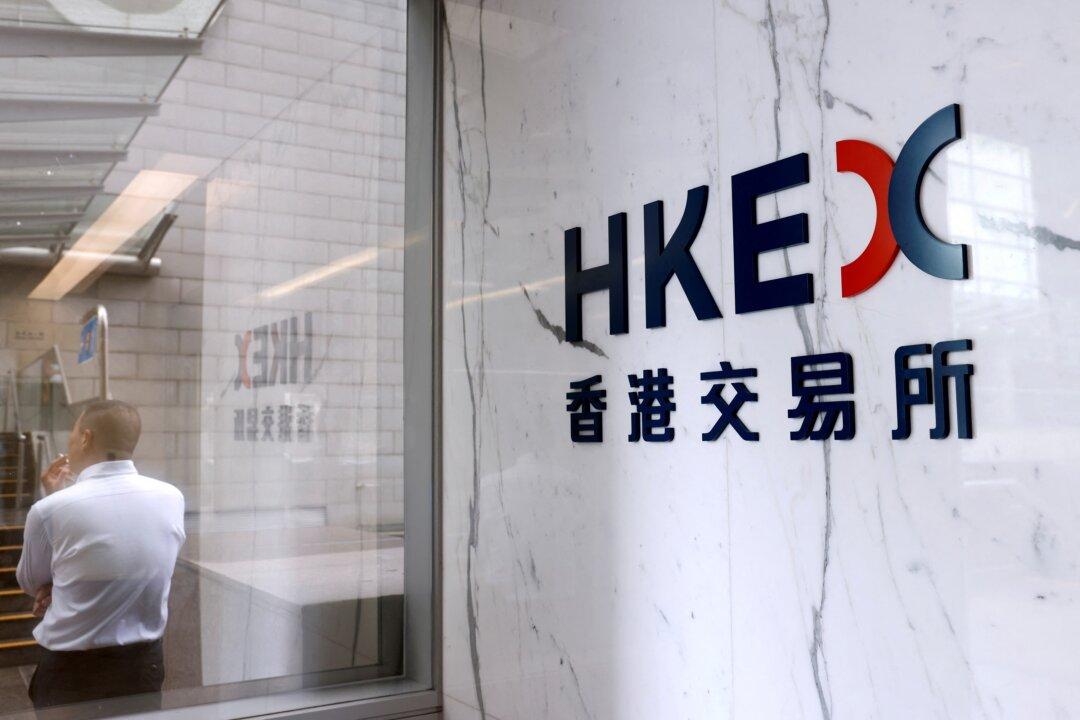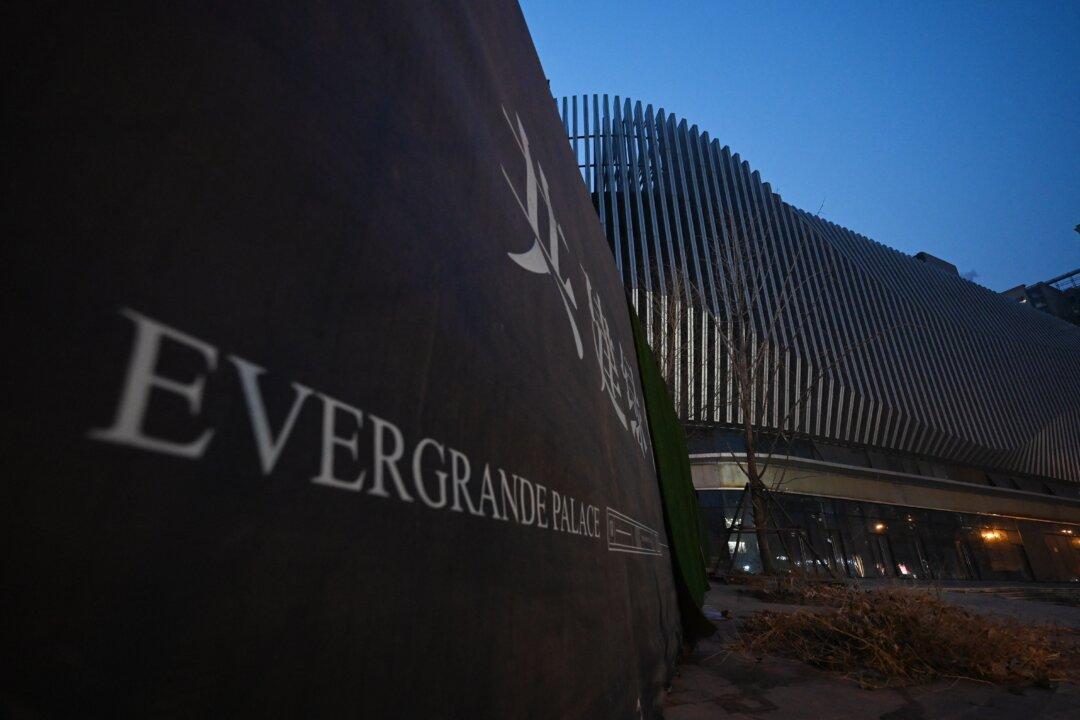The Hong Kong Stock Exchange (HKEX) has removed the requirement for Chinese enterprises to inform potential investors of the “China risk” they might face when applying for an IPO (initial public offering) listing in Hong Kong. This means that mainland Chinese companies listed in Hong Kong are no longer required to disclose the risks to investors from their operations in China. As a result, investors may face the challenge of receiving insufficient information when evaluating IPOs.
The HKEX recently changed its “Listing Rules.” Starting Aug. 1, companies are no longer required to disclose detailed business risks related to China when applying for listing.




